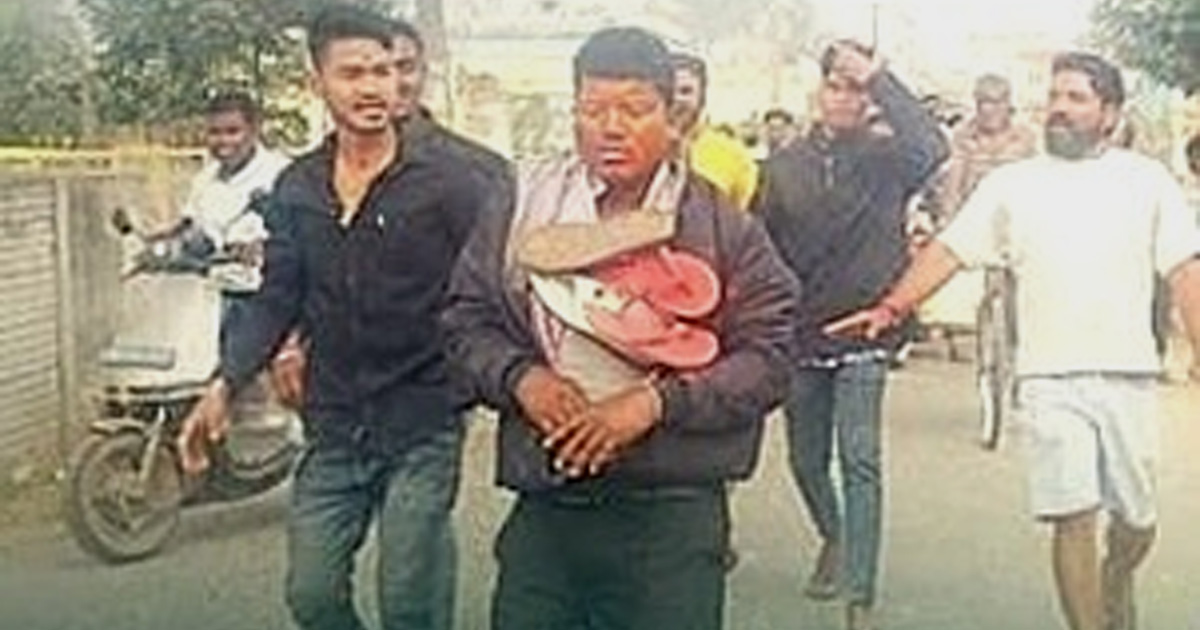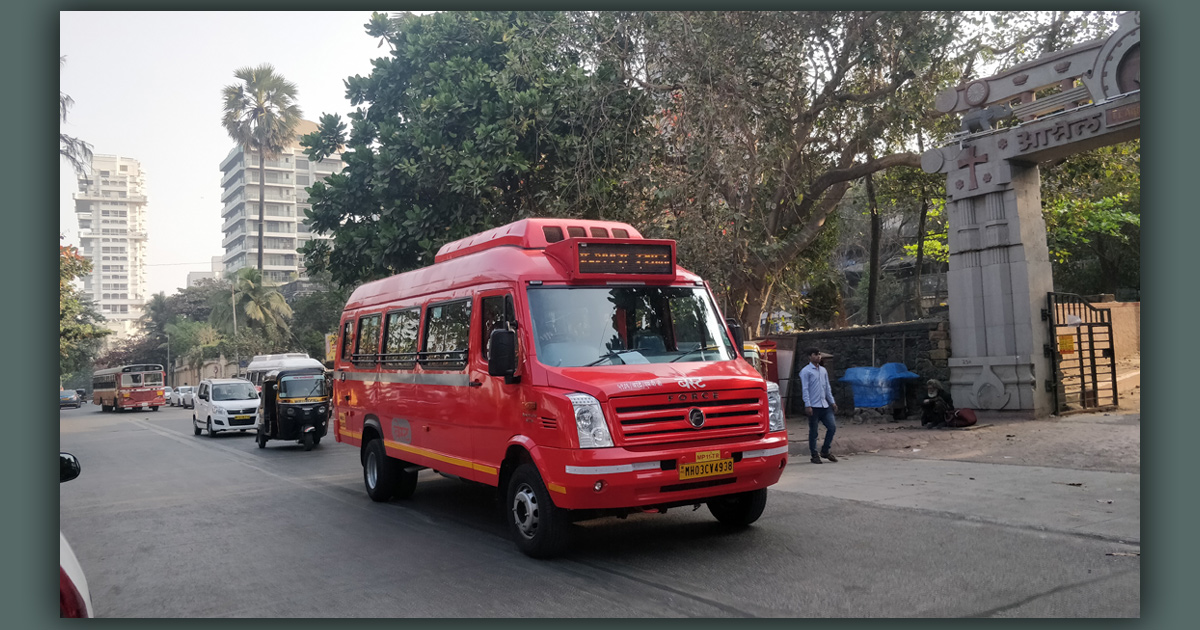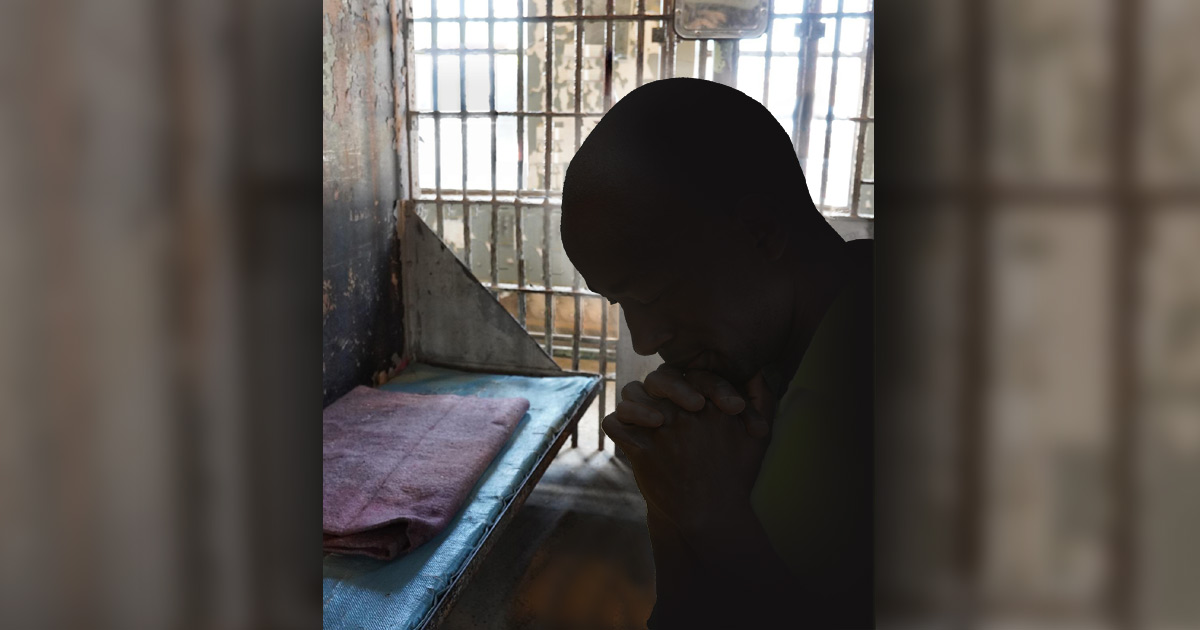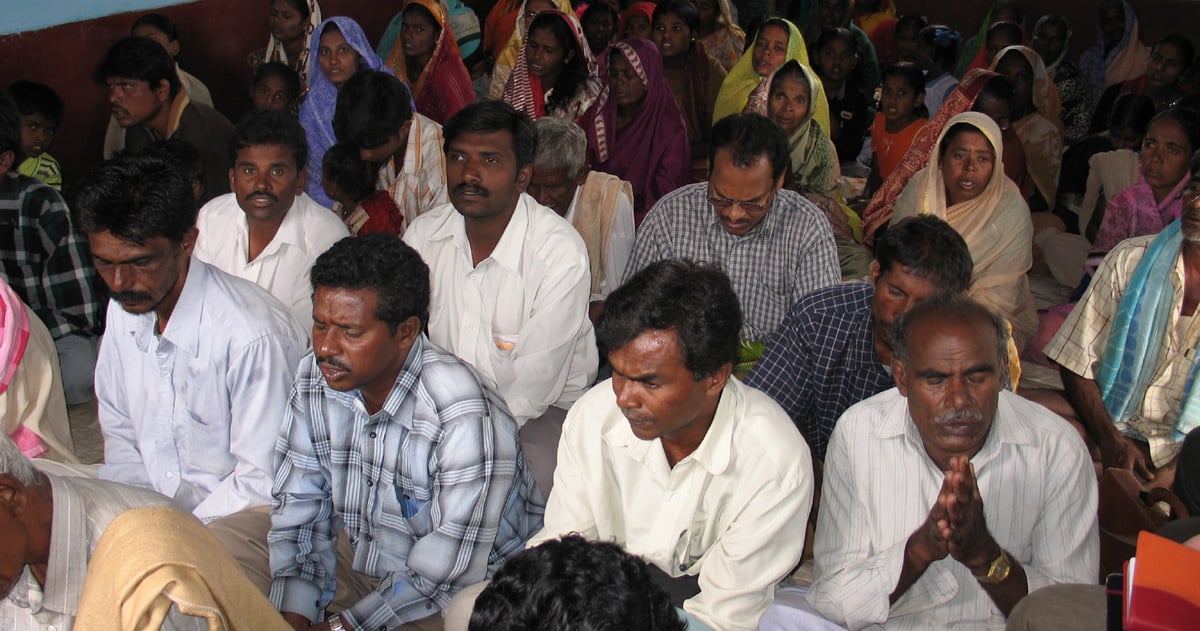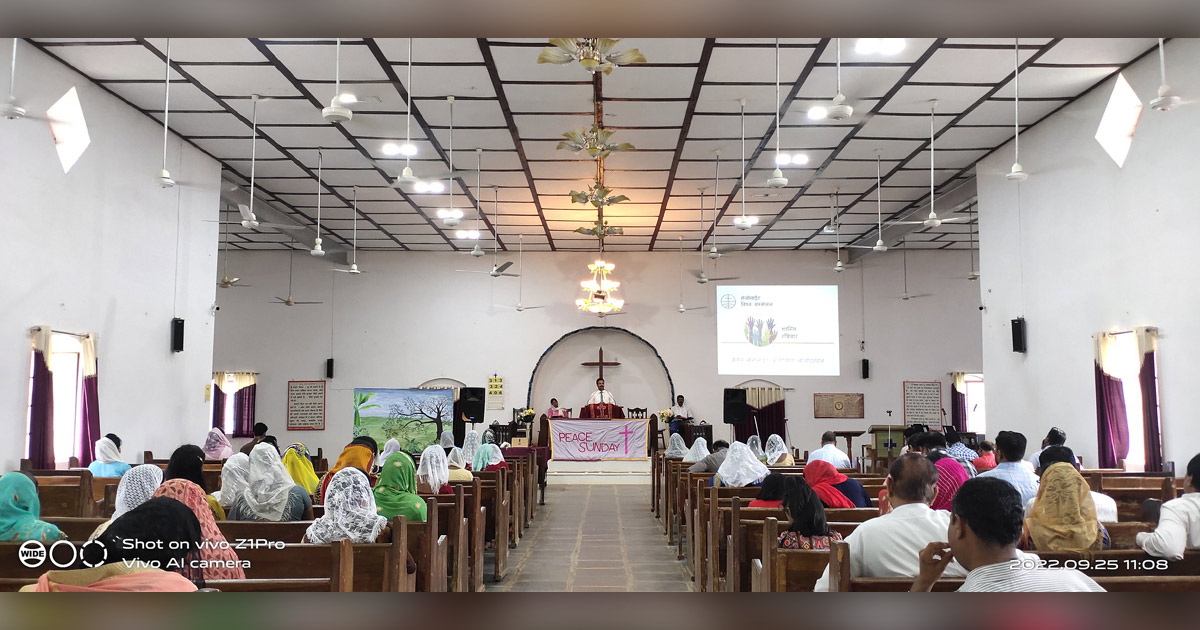
Photo: Flickr / Ashish Kumar Milap (cc)
Recent developments in two Indian states have raised serious concerns for Christians, particularly in relation to the newly heightened restrictions on religious conversions. In the first incident, police in Chhattisgarh notified more than 200 house churches around the state capital city of Raipur that worship gatherings within private homes are no longer permitted.
The directive, issued by the police chief, is reportedly aimed at maintaining law and order following numerous complaints about alleged illegal conversions taking place in house churches. Consequently, Christian worship is now restricted to occur in officially registered buildings. One pastor was detained on August 24th for violating this new order. A legal petition objecting to the police directive has been filed, and court hearings are currently underway.
Meanwhile, in the northern state of Uttarakhand, amendments to the existing anti-conversion legislation were passed into law on August 20th. These changes introduced stringent penalties, along with a ban on digital "propaganda." Uttarakhand is the first state to include digital media – prohibiting activity on social media platforms, messaging apps and other online channels – when referencing its increased restrictions on religious conversions.
Furthermore, the definition of prohibited "inducements" leading to conversion was broadened to encompass not only financial or material gifts but also statements that allegedly "hurt religious faith or glorify another religion." The revised law also expanded penalties for "forced conversions" by raising the previous maximum term of incarceration from ten years to the possibility of life imprisonment. In addition, the ability to post bail has been restricted, now requiring the trial court to be convinced of the accused individual's innocence.
Several Indian states have enacted legislation to curb "forcible conversions," but unfortunately these laws are frequently being misused to target the activities of religious minorities. Recent statements from governing leaders demonstrate that the purpose of such legislation may go beyond preventing coerced proselytization, aiming instead to stop all forms of religious conversion.
In a statement to the media, Uttarakhand's Chief Minister, Pushkar Singh Dhami, declared: "Uttarakhand is Devbhoomi ("Land of the Gods") and a place where holy saints through the ages came and meditated.... The proposed amendment is a major step on our part to ensure that the social fabric of the Himalayan state is not changed." For more reports on the challenges facing Christians in India, go to our country profile.
- May the Lord impart wisdom and courage to Christian leaders in Chhattisgarh as they navigate these new restrictions and seek ways to continue ministering to their congregations in the days to come.
- Pray for the protection of all followers of Jesus throughout India who are at risk of false allegations being filed against them – with the claim of "induced conversions" – and the harsh penalties that could result when sharing their faith with others.
- Also intercede for India's governing and judicial officials, asking that they will rightly uphold constitutional protections for religious freedom as they deliberate current and future legal issues.

 Population
Population